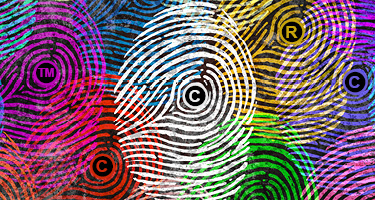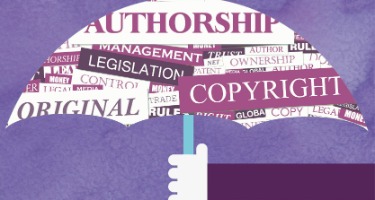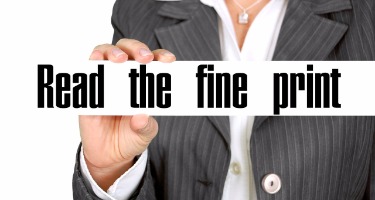On July 24, 2018, the Ninth Circuit issued a decision that can be an important tool to help copyright owners enforce their rights. It’s not unusual for copyright owners to believe that it’s just not worth going after some infringers because the cost of attorney fees can quickly exceed the amount of the damages caused by the infringement. Glacier Films recently won a case that will help copyright owners with that dilemma.
Long before the Court decided Glacier Films, Inc. v. Turchin, federal statutes and caselaw have made clear that the winning party in a copyright infringement case can recover its reasonable attorney fees from the losing party under the right circumstances. Copyright owners can recover attorney fees from infringers if they register the copyright with the copyright office within three months of publication or before the infringement and they are “objectively reasonable” in the claims they bring and the way they handle the case. The tricky part is that the court has discretion whether to include attorney fees in the award and the concern is always that the Court won’t think a “minor” infringement is worthy of attorney fees even when you follow all the rules.
The Glacier Films case was a peer-to-peer networking case. In a peer-to-peer network, peers download content from fellow peers, while leaving their own folders of digital content available for others to download. The specific peer-to-peer network used was the BitTorrent protocol, which Andrey Turchin used to download a pirated copy of the movie American Heist. His account distributed the movie over 80 times and was also associated with over 700 other titles. Glacier Films sued Turchin for copyright infringement in Oregon federal district court. Turchin stipulated to an injunction and to pay $750 in statutory damages. The problem for Glacier Films was that it paid $791.70 in court costs and $4,833.35 in attorney’s fees to get that $750 judgment. While pursuing cases like this is important for the deterrent effect, it was certainly not a good financial investment.
Glacier Films made a motion requesting that the Court order Turchin to reimburse it for its costs and attorney fees. The district court only awarded the costs and denied the motion for attorney fees, leaving the copyright owner over $4,000 in the red on the case.
The District Court reasoned that although Glacier Film’s suit was “not frivolous,” Glacier Film’s success was “minimal” because the statutory damage amount was so much lower than the fees spent. The District Court also said that because American Heist had been illegally downloaded over 100,000 times, this one injunction was “de minimis in relation to the serious online piracy problem.” The District Court also determined that the $750 award along with the cost award was sufficient to deter future violations. Finally, the District Court determined that rather than furthering the goals of the copyright act, awarding attorney fees in this case would only contribute to the “overaggressive assertion and negotiation of” other copyright claims.
Unsatisfied with the District Court’s ruling, Glacier Films appealed the case to the Ninth Circuit Court of Appeals, which reversed and ordered the District Court to reconsider an award of attorney fees applying the proper factors.
Unlike the District Court, the Ninth Circuit ruled that the result (not considering the attorney fees) was a “total success” for Glacier Films because it received statutory damages and enjoined the infringement. Importantly, the Ninth Circuit instructed that the amount of fees spent should not be considered in determining the degree of success. The amount of fees only becomes important when and if the Court determines that fees should be awarded; then it should consider what amount is reasonable. The Ninth Circuit also determined that the statutory damage award and cost award was not alone sufficient to deter future violations and would-be infringers need to know that they may be ordered to pay attorney fees as well. The Ninth Circuit had no problem finding that awarding attorney fees furthered the goals of the copyright act, saying that “this case is the digital equivalent of standing outside the neighborhood Redbox—or Blockbuster Video, for fans of history—and giving away copies of the movie for free.”
The take away from the Ninth Circuit’s decision is summed up in its quote from the U.S. Supreme Court: “the holder of a copyright that has obviously been infringed has good reason to bring and maintain a suit even if the damages at stake are small.”
The Glacier Films decision is good precedent for copyright owners battling multiple infringements where no single infringement caused large damages. Copyright owners can point to the Ninth Circuit’s decision in negotiating resolutions with infringers and can cite to when asking courts to award them attorney fees.



























